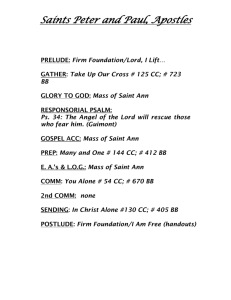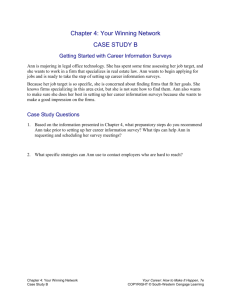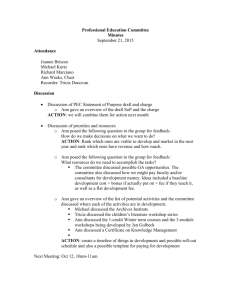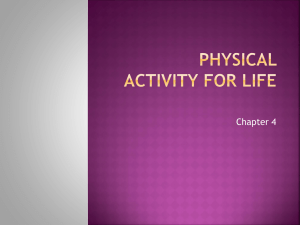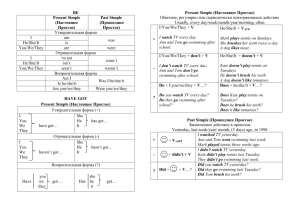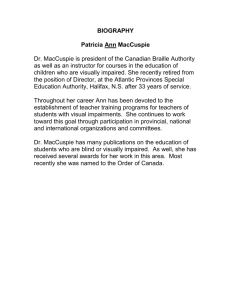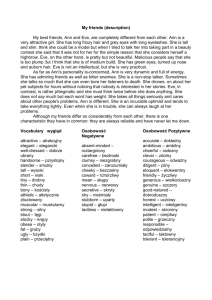Test Snapshot elementary
advertisement
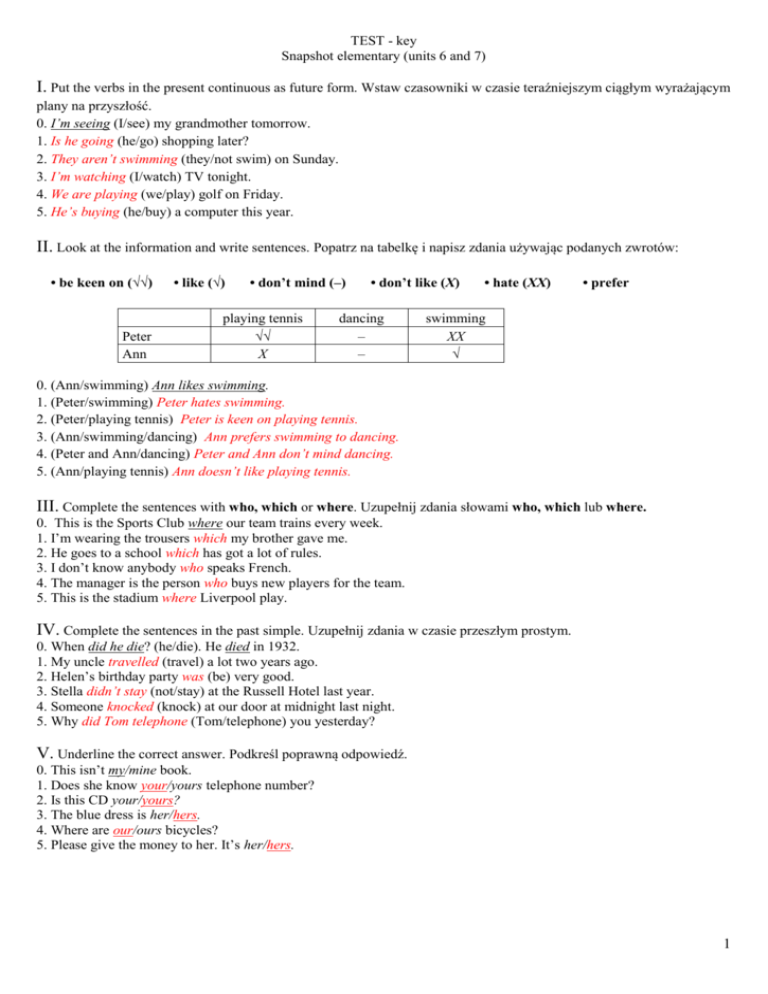
TEST - key Snapshot elementary (units 6 and 7) I. Put the verbs in the present continuous as future form. Wstaw czasowniki w czasie teraźniejszym ciągłym wyrażającym plany na przyszłość. 0. I’m seeing (I/see) my grandmother tomorrow. 1. Is he going (he/go) shopping later? 2. They aren’t swimming (they/not swim) on Sunday. 3. I’m watching (I/watch) TV tonight. 4. We are playing (we/play) golf on Friday. 5. He’s buying (he/buy) a computer this year. II. Look at the information and write sentences. Popatrz na tabelkę i napisz zdania używając podanych zwrotów: • be keen on (√√) Peter Ann • like (√) • don’t mind (–) playing tennis √√ X • don’t like (X) dancing – – • hate (XX) • prefer swimming XX √ 0. (Ann/swimming) Ann likes swimming. 1. (Peter/swimming) Peter hates swimming. 2. (Peter/playing tennis) Peter is keen on playing tennis. 3. (Ann/swimming/dancing) Ann prefers swimming to dancing. 4. (Peter and Ann/dancing) Peter and Ann don’t mind dancing. 5. (Ann/playing tennis) Ann doesn’t like playing tennis. III. Complete the sentences with who, which or where. Uzupełnij zdania słowami who, which lub where. 0. This is the Sports Club where our team trains every week. 1. I’m wearing the trousers which my brother gave me. 2. He goes to a school which has got a lot of rules. 3. I don’t know anybody who speaks French. 4. The manager is the person who buys new players for the team. 5. This is the stadium where Liverpool play. IV. Complete the sentences in the past simple. Uzupełnij zdania w czasie przeszłym prostym. 0. When did he die? (he/die). He died in 1932. 1. My uncle travelled (travel) a lot two years ago. 2. Helen’s birthday party was (be) very good. 3. Stella didn’t stay (not/stay) at the Russell Hotel last year. 4. Someone knocked (knock) at our door at midnight last night. 5. Why did Tom telephone (Tom/telephone) you yesterday? V. Underline the correct answer. Podkreśl poprawną odpowiedź. 0. This isn’t my/mine book. 1. Does she know your/yours telephone number? 2. Is this CD your/yours? 3. The blue dress is her/hers. 4. Where are our/ours bicycles? 5. Please give the money to her. It’s her/hers. 1 VI. How do you pronounce the ending of these verbs? Write the verbs in the table according to their pronunciation. Popatrz na czasowniki i wpisz je do tabeli w zależności od sposobu wymawiania końcówki -ed /-d. • stopped • tried • started • walked • wanted • enjoyed • finished • asked • hated • travelled • married /t/ stopped walked finished asked /d/ tried enjoyed travelled /Іd/ started wanted hated married VII. What are these dates in words? Zapisz słownie sposób w jaki przeczytasz podane daty. 0. 11th Aug 1996 1. 5th Mar 1972 2. 1st Nov 1991 3. 8th Jul 1963 4. 2nd Aug 2000 5. 3rd Jan 1887 The eleventh of August nineteen ninety-six.. The fifth of March nineteen seventy-two. The first of November nineteen ninety-one. The eighth of July nineteen sixty-three. The second of August two thousand. The third of January eighteen eighty-seven. 2
